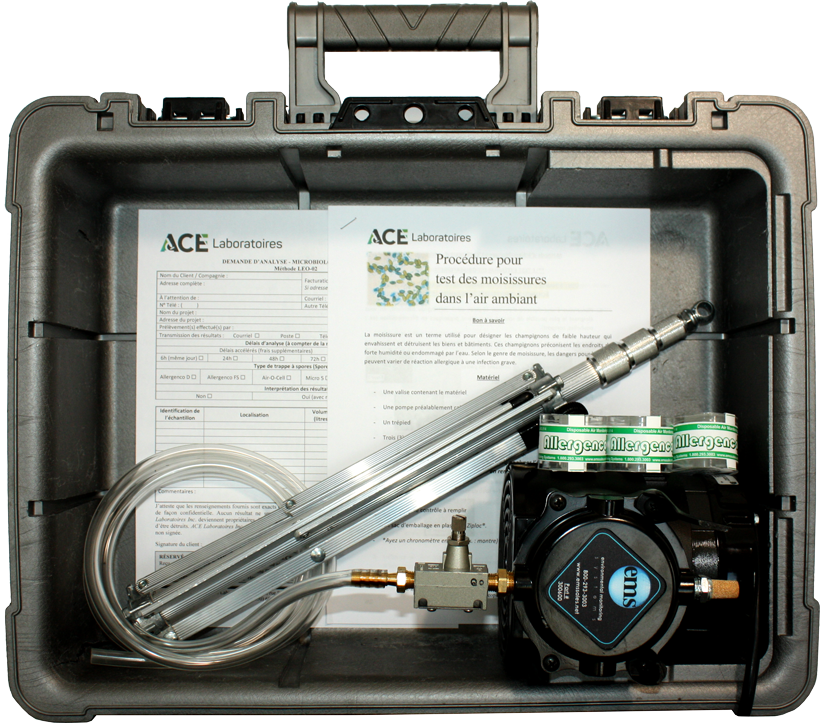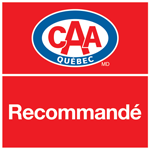- info@acelabo.com
- +1-450-693-0764
Molds Analysis in Ambient Air and on Surfaces

The department for mold analyses in ambient air and on surfaces is accredited for the identification of mold spores by the Ministère du Développement durable, Environnement et Lutte contre les changements climatiques (MDDELCC) and by the AIHA through the trimestral proficiency test program of the EMPAT. The methods used by our department were developed from the IRSST’s analytical methods 360 and 367, and are regularly validated through the quality assurance program established in our management system, as required for the maintenance of the ISO 17025 accreditation.
All our analyses are verified and approved by a member of the Association des Microbiologistes du Québec who is, moreover, recognized by the MDDELCC as an authorized signatory for the scope of accreditation.
What are Molds?
Mold is a term used to refer to low-profile fungi that invade and destroy property and buildings. These fungi prefer areas with high humidity or water damaged. When conditions are favorable, these fungi will spread and produce spores that will further invade the environment in which they grow.
Health Hazard
Depending on the type of mold, health hazards can range from allergic reaction to a serious infection.
When to Request this Analysis
Several reasons may justify a request for analysis of molds in ambient air and on surfaces. Among other things:
- When the building has been damaged by water.
- When residents report recurring health problems.
- For legal causes or conflicts (e.g.: hidden defects, quality of work undertaken by contractors, etc.).
- When buying a real estate property.
- To follow up on decontamination work.
Sampling
The laboratory provides an air sampling kit for the collect of molds in the ambient air and on surfaces. The basic sampling kit includes: 3 Allergenco-D spores traps (including an exterior trap for comparison), a 15-liter per minute pre-calibrated pump, a tripod for the pump, instructions of use and the application for analysis. Additional spore traps and adhesive slides are available, occasioning additional costs.



